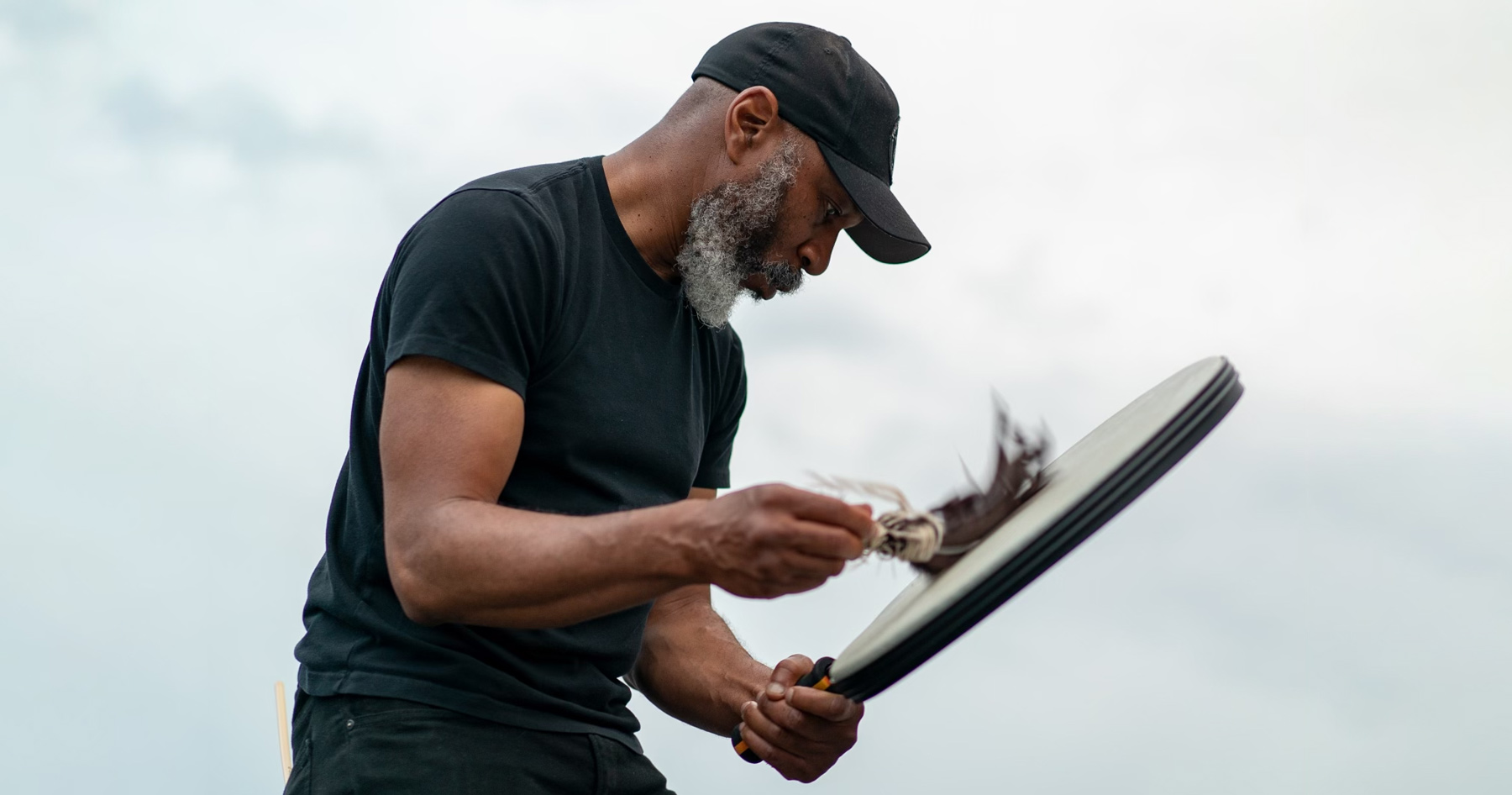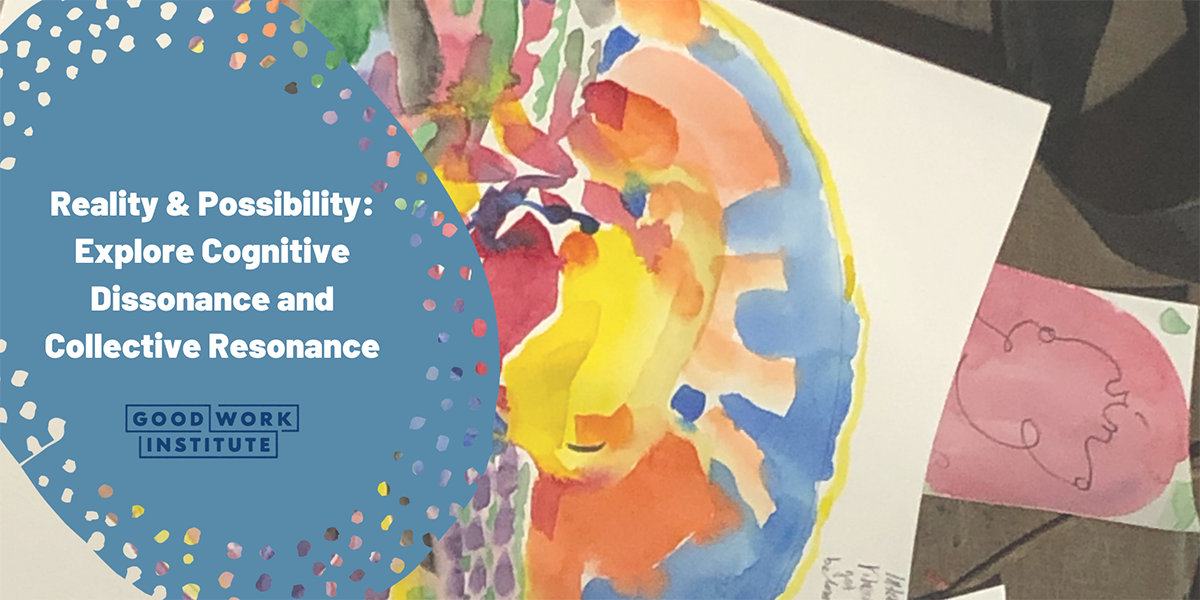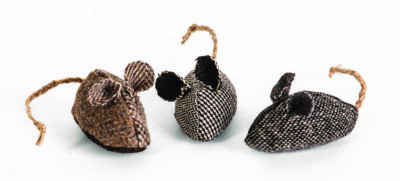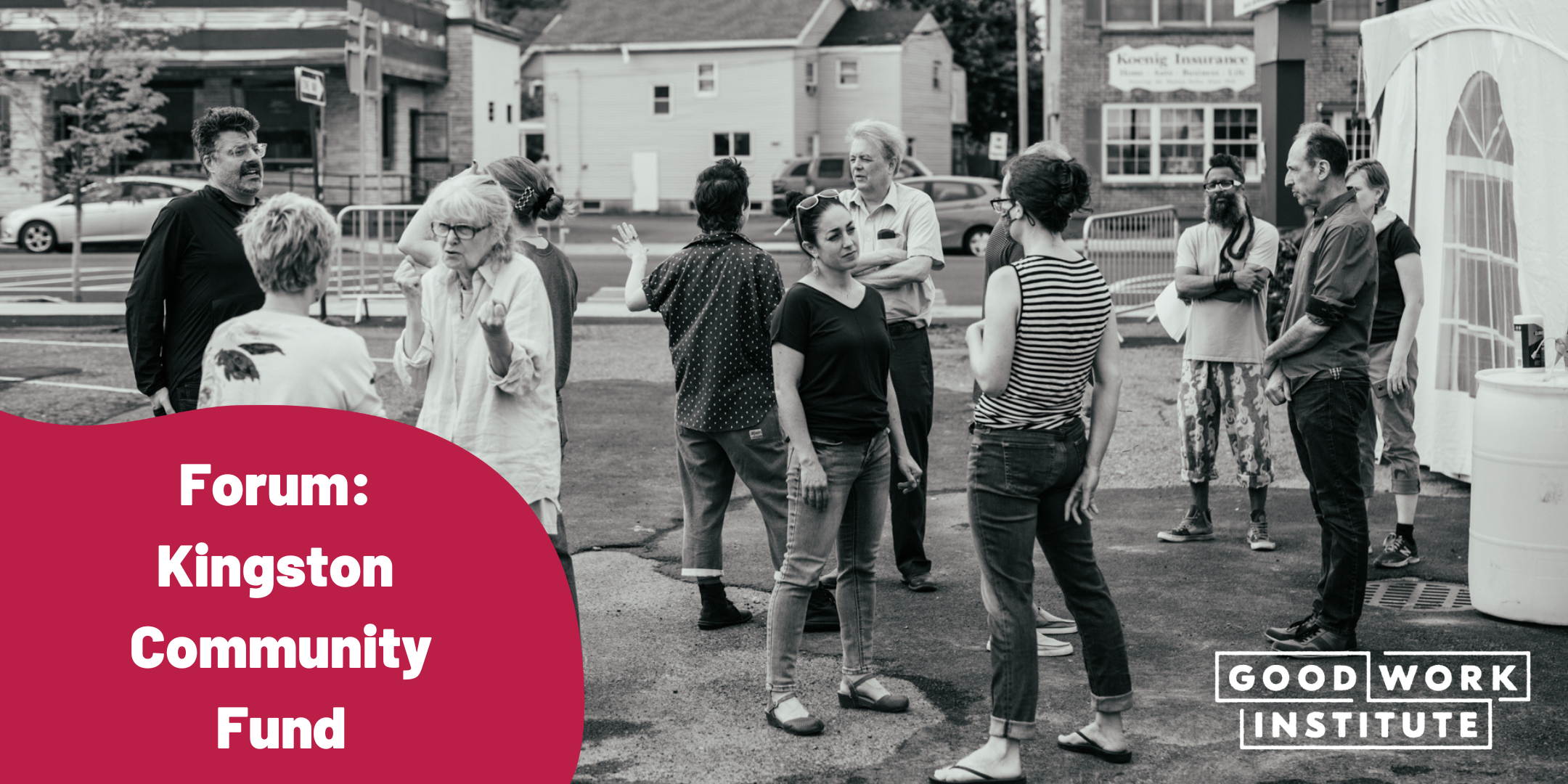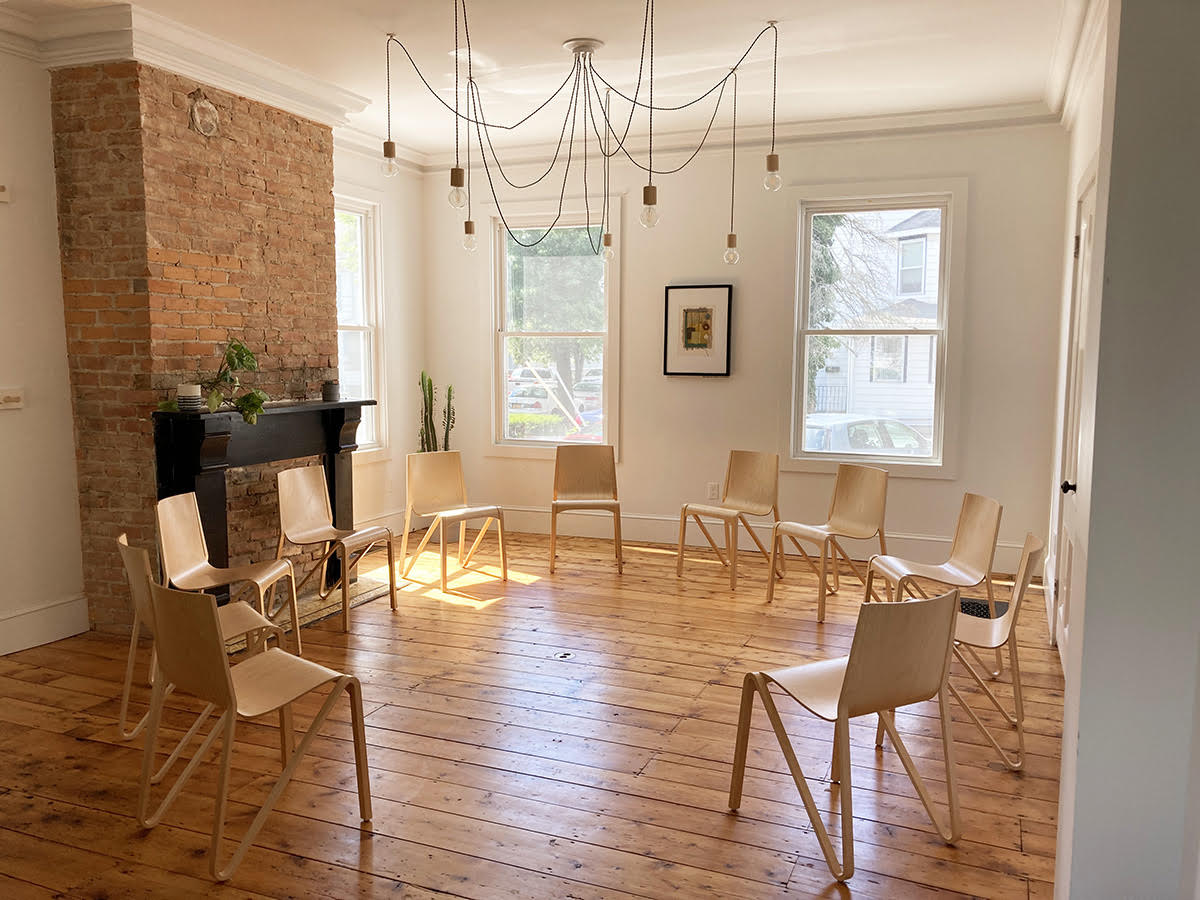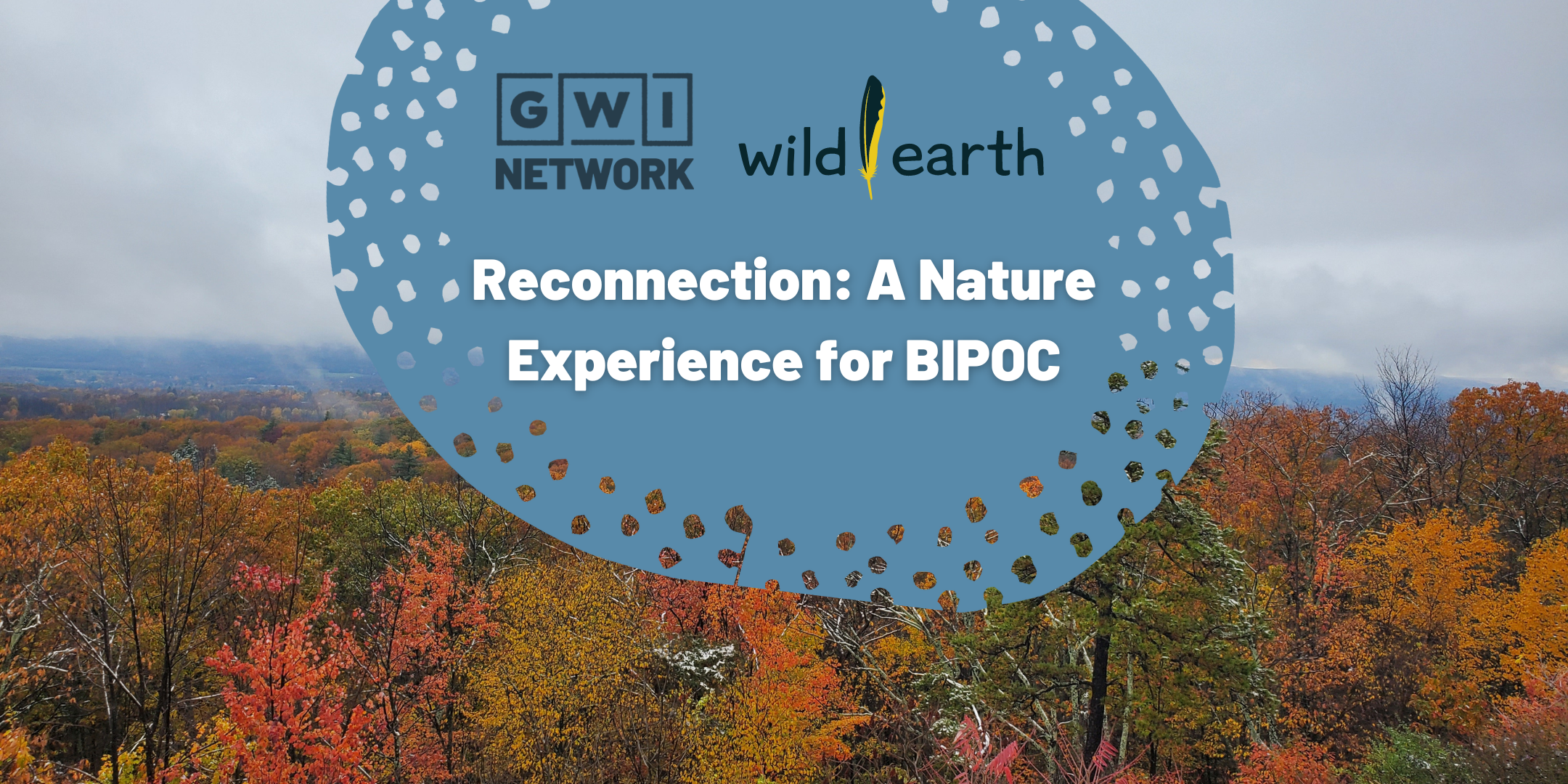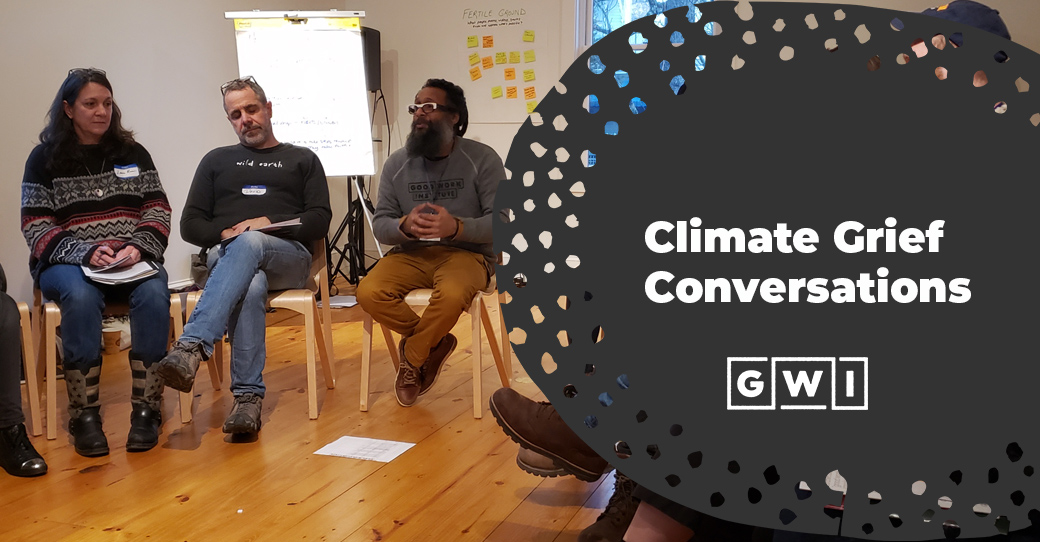Come out to The Greenhouse for a day of music and art by BIPOC artists from the Hudson Valley.There will be music performances throughout the day from Alessandra, Salim, Brianna Knight, and Sarah Anjali.We’ll have andmade items for sale. Our vendors include soap, essential oil products, ceramics, paintings, jewelry, and more from Lala montoya, Aladin’s Treasures, Artemisia Negra, Dray’s Decor & Gifts, callie mackenzie, Jason Lord and WallaceBLOK Parties are an opportunity for BIPOC musicians, artists and makers in the Hudson Valley to showcase their crafts in just environments that are inclusive and center those who are most marginalized.
BEACON – A BIPOC Only Sound Healing
BEACON is a sound offering of meditation and rest for bodies of culture. Wellness and rest are two facets that often elude our community due to the stressors that stand in the doorway of life. We offer this sound experience as a ray of light on the possibilities for us to find comfort, care, and a sense of belonging to self through our awareness and presence.
“A sound bath is a deeply-immersive, full-body listening experience that intentionally uses sound to invite gentle yet powerful therapeutic and restorative processes to nurture your mind and body.” -Sara Auster
Yoga mats, blankets, and bolsters will be provided. Attendees are encouraged to bring anything that will allow them additional comfort during the ceremony. Participants either lie down or sit comfortably while listening to the sounds of various instruments, like singing bowls, chimes, drums, and gongs. Think of this time as a way to become present, connect inward, and allow a beacon of light and care to shine on and through you.
Reality & Possibility: Exploring Cognitive Dissonance & Collective Resonance
As the end of the year approaches, we invite you to join us online to deepen with Just Transition, exploring how dissonance affects us and resonance opens up possibilities.
About this event
This workshop is an opportunity for reflective engagement with the ideas of Just Transition. We are invited to bravely face the discomfort of cognitive dissonance as we recognize misalignment between our actions and our ideals. This honest look increases our awareness of the impacts of living under systems of extraction. We will examine what cognitive dissonance means, how it shows up in our lives, and how it stands in the way of the regenerative world we desire. From a grounded place, the workshop invites us to tap into our own sources of creativity and access more energy to envision shared pathways toward collective action.
This was an incredibly generative and meaningful workshop. From setting the tone and intentions of our time together, through the embodiment practices, to the opportunities to share in large and small groups, the facilitators held and inspired space for self-connection, community connection and radical imagination. Thank you so much. This workshop felt like a gift. ~Julie S.
During this workshop, you will be invited to explore:
- Mindfulness and embodied presence
- The meaning and symptoms of cognitive dissonance through the Just Transition framework
- Noticing and sharing examples of how cognitive dissonance manifests in your life
- Solo imaginings of possibility, change, alignment, regeneration, resonance
- Note: Have on hand any tools that support your creativity! Examples include, but aren’t limited to: pen and paper, musical instruments, pastels, crayons, markers, pipe cleaners, clay, yoga mat, etc.
- Collective inspiration and ideas for ways forward
The quality of light by which we scrutinize our lives has direct bearing upon the product which we live, and upon the changes which we hope to bring about through those lives. ~Audre Lorde
Another world is not only possible, she is on her way. On a quiet day, I can hear her breathing. ~Arundhati Roy
Sew an Upcycled Catnip Mouse with Connie Snyder
*canceled* FORUM 4: Kingston Community Fund (online)
An open community forum and facilitated discussion around the creation of a Kingston Community Fund.
Continue readingFORUM 3: Kingston Community Fund (online)
An open community forum and facilitated discussion around the creation of a Kingston Community Fund.
Continue readingFORUM 1: Kingston Community Fund
An open community forum and facilitated discussion around the creation of a Kingston Community Fund.
Continue readingFORUM 2: Kingston Community Fund
An open community forum and facilitated discussion around the creation of a Kingston Community Fund.
Continue readingSee No Enemy ~ Hear What Matters: Community of Practice (online session)
These monthly online practice sessions are open to those who are already familiar with the fundamental ideas of Nonviolent Communication – those who have experience equivalent to reading A Language for Life by Marshall Rosenberg PhD. or attending a two day introductory workshop. Activities may include journalling, role play, dyads and full group practice.
Continue readingSee No Enemy ~ Hear What Matters: Community of Practice (online session)
These monthly online practice sessions are open to those who are already familiar with the fundamental ideas of Nonviolent Communication – those who have experience equivalent to reading A Language for Life by Marshall Rosenberg PhD. or attending a two day introductory workshop. Activities may include journalling, role play, dyads and full group practice.
Continue readingReconnection: A Nature Experience for BIPOC
Continuing a series begun in the winter of 2021, GWI is collaborating with Wild Earth, offering an opportunity for BIPOC to gather outdoors.
As we start making preparations for the cold weather months, we will share timeless space around the fire, crafting medicine pouches with yarn dyed with local plants, making medicinal teas and herbal tinctures. This day will be all about preparations to turn inward as we sit around the fire, crafting, learning about medicinal plants and dyeing techniques. In conversation and comfort food*, we will build connections to each other, ourselves and the land that supports each and every one of us!
This is a family-friendly gathering. Children are encouraged to attend and childcare will be provided, if need be. If you are requesting childcare, please let us know via the registration form.
We would like to remind everyone that we are entering hunting season. While we are not expecting to be in any danger, we want to err on the side of caution and ask that everyone please wear bright colors (blaze orange or blaze green) during our time together. If you have any questions, please feel free to reach out to us.
*We will have vegetarian options available for lunch.
If you identify as part of a BIPOC community and are interested in participating in this event, please email [email protected].
Climate Grief Conversations
GWI and Jenny Bates are holding ongoing climate grief conversations. This group will meet on the first Thursdays of the month (for October and November only, meetings will be the first WEDNESDAY of the month) at The Greenhouse 65 St. James St. on the corner of Clinton Street and St. James Street in Uptown Kingston. This group is free and open to anyone who has concerns about the climate, about our City of Kingston, and who are stressed about an uncertain future.
“We are picking up distress signals, as living beings on this planet” – Jenny Bates.
Grief is not easily processed alone. The grief felt, consciously or unconsciously regarding the planet is on a scale previously unknown to our species. This series of conversations is an opportunity to share and verbalize what is felt in the context of group that will be facilitated with care, support and a sense of belonging in a confidential and fully respectful manner.
You can listen to Micah and Jenny speak on The Good Work Hour about this topic.
If you have any question email [email protected] or [email protected]



